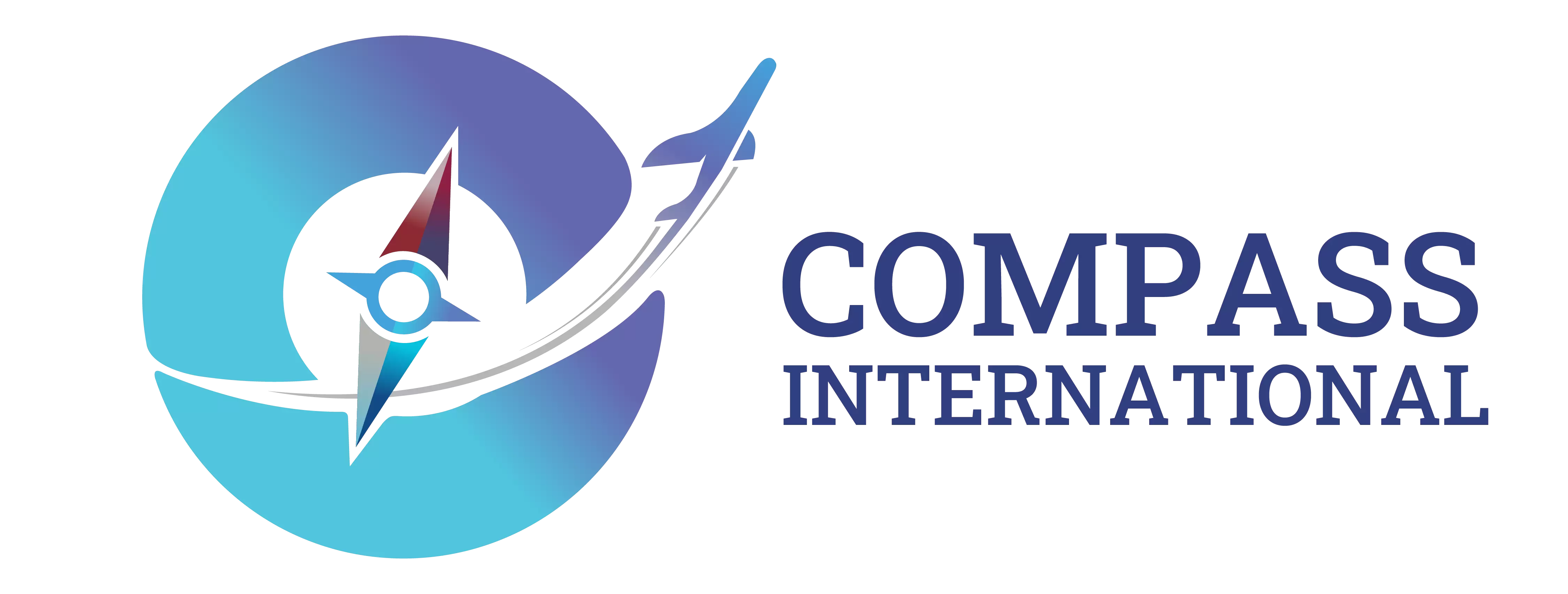
LANGUAGE PREPARATION
Preparing for studying abroad involves several language-related steps to ensure you can effectively communicate and fully immerse yourself in the new environment. Here’s a comprehensive guide to help you get ready:
- Assess Your Current Language Proficiency
- Take a Test: Use language proficiency tests to gauge your current level. Tests like TOEFL or IELTS for English, or DELF/DALF for French, can provide a benchmark.
- Self-Evaluation: Identify your strengths and weaknesses in reading, writing, speaking, and listening.
- Set Clear Goals
- Determine Your Needs: Based on the country and academic program, decide which aspects of the language are most crucial (e.g., academic vocabulary, everyday conversation).
- Create a Timeline: Set milestones for achieving your language goals before your departure.
- Enhance Your Language Skills
- Enroll in Language Courses: Join classes at a local language school, online platform, or community college.
- Use Language Apps: Apps like Duolingo, Babbel, or Rosetta Stone can supplement your learning.
- Practice Regularly: Engage in daily practice through reading, writing, listening, and speaking exercises.
- Immerse Yourself in the Language
- Consume Media: Watch movies, listen to music, and read books or news in the target language.
- Find Conversation Partners: Engage in language exchange with native speakers through platforms like Tandem or HelloTalk.
- Join Language Groups: Participate in local or online language meetups and discussion groups.
- Prepare for Academic Language Use
- Learn Academic Vocabulary: Focus on terminology relevant to your field of study.
- Read Academic Texts: Familiarize yourself with textbooks, journal articles, and other academic materials in the language.
- Practice Academic Writing: Write essays, summaries, and research papers to improve your formal writing skills.
- Prepare for Social Interaction
- Learn Cultural Nuances: Understand the cultural context and etiquette to communicate effectively and avoid misunderstandings.
- Practice Small Talk: Learn common phrases and expressions for everyday conversations and social settings.
- Plan for Language Use Abroad
- Know Key Phrases: Learn essential phrases for daily activities, emergencies, and navigating your new city.
- Prepare for Accents and Dialects: Familiarize yourself with regional variations and accents that you might encounter.
- Utilize Resources and Support
- University Resources: Check if your host university offers language support services, such as tutoring or conversation clubs.
- Study Abroad Office: Seek advice and resources from your study abroad office or program coordinator.
- Maintain a Positive Attitude
- Embrace Mistakes: Understand that making mistakes is a natural part of learning a language.
- Be Patient: Language acquisition takes time and consistent effort, so be patient with your progress.
- Stay Connected
- Join Online Forums: Participate in forums or social media groups related to studying abroad to get tips and advice from others who have been through similar experiences.
At Compass International Study abroad we help all level language assistance.

